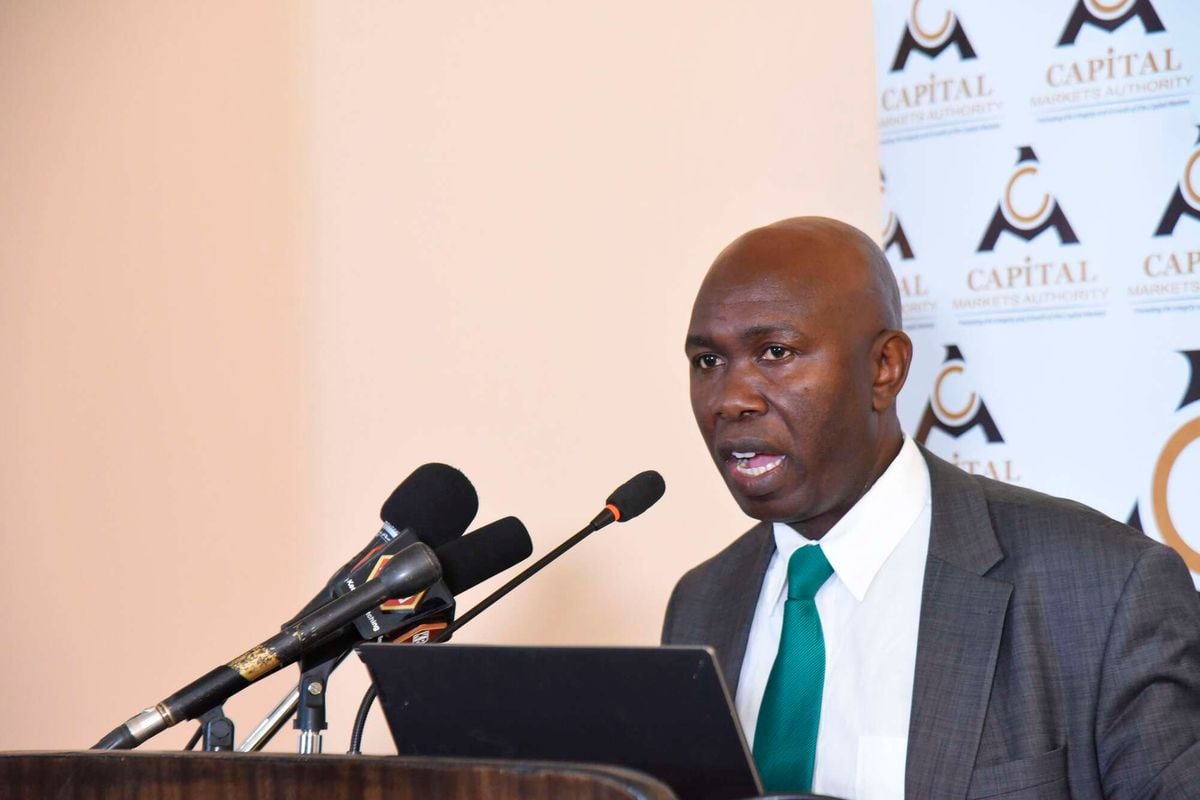
From April 19, 2024, independent directors can only serve for a maximum of six years from nine in far-reaching changes to corporate governance rules likely to shake up the boardrooms of most listed companies.
A brief by the Capital Markets Authority (CMA) seen by Business Daily shows that the initial intention was to retain the tenure for an independent director at nine years but stakeholders wanted it slashed to five years before they settled on six.
“The initial draft put on public exposure had sought to retain the maximum tenure of nine years but stakeholders’ feedback proposed a maximum of five years,” CMA says in brief on Capital Markets (Public Offers, Disclosures and Listing) Regulations, 2023, abbreviated as POLD Regulations.
These regulations were gazetted by the Cabinet Secretary for National Treasury, under which the CMA falls, on October 17 last year.
“Following further analysis, the maximum tenure of independent directors was settled at six years, which is aligned with the Mwongozo term limit for directors in public entities,” adds the brief.
Mwongozo is the Code of Governance for State Corporations. The code, which caps the tenure of board directors in State-owned enterprises at six years, addresses matters of the effectiveness of boards, transparency and disclosure, accountability, risk management, internal controls, ethical leadership and good corporate citizenship.
It also provides a platform for addressing shareholder rights and obligations and ensuring more effective engagement with stakeholders.
In the POLD regulations, the CMA wanted to align the tenure for independent board directors of companies it regulates by virtue of being listed or having raised debt securities from the public with Mwongozo.
State-owned enterprises such as power producer KenGen and Kenya Power, a power distributor, are also listed on the Nairobi Securities Exchange (NSE). This means they are guided by both Mwongozo and the new code of conduct contained in the POLD regulations.
In brief, CMA reckons the reduction of the tenure for independent directors is for promoting board refreshment and diversity to inject fresh perspectives into corporate decision-making processes.
The capital markets regulator adds that the reduction also mitigates risks associated with director entrenchment and complacency, fostering a culture of accountability and innovation within boardrooms where directors are continuously motivated to challenge the status quo and uphold the highest standards of corporate governance.
And third, the move is aligned with global best practices in corporate governance in countries such as Turkey which imposes a six-year limit, enhancing investor confidence and bolstering the integrity of the capital markets in Kenya.
“By harmonising our regulatory framework with global best standards, we signal to investors and stakeholders alike that the capital market in Kenya observes principles of fairness and equity. This alignment enhances investor confidence and amplifies attractiveness on the global stage, positioning Kenya as a preferred choice for investment and growth.”
However, it appears many countries have maintained the tenure of independent directors at nine years. They include Israel, Italy and the UK.
In the case of Italy and Britain, independent directors can serve for a maximum of nine years. Companies are required to give an explanation at the end of the term if a director is to stay on.
In South Africa, independent directors can serve for more than nine years if, upon an annual board assessment, it is concluded that the director continues to exercise objective judgement, and has no interests or relationships or associations.
Independent directors have a 10-year tenure in India. There is a three-year break at expiry for another five years of independent re-election.
In Spain and Portugal independent directors have a maximum of 12 years with no independence afterwards.
The new regulations define an independent director as someone who is not an executive director and has no material or financial relations with the company or its affiliates.
“Provided that after six years of continuous service as such director, such person shall no longer be considered as an independent director,” states the POLD regulations.
However, in its brief, the CMA clarifies that the independent director can continue serving after the end of six years but only as a non-executive director.
Regulation 2(1) of the POLD Regulations 2023 defines a non-executive director as a member of a board of a company who is not an executive director and is not an executive director or employee of a related entity.
In the new regulations, after the lapse of six years an independent director can stay on but only as a non-executive director.
The National Treasury, which is the line Ministry for CMA, gazetted these regulations on October 27, last year and Parliament acceded to them on April 19, 2024.
The rules seek to help organisations raise long-term, patient capital through public and private equities and debt issuances.









